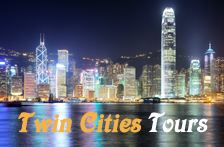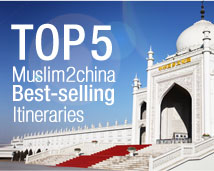As 2016 draws to a close, let out the biggest sigh of relief and congratulate yourself and everyone around you for surviving a rather tumultuous year. As 2017 comes rolling along, it’s time to hit the refresh button and set a resolution to live it well, no matter what comes along. So, what better way than to mark your calendars for a year of celebrations and festivals?
Here are China’s festivals worth traveling for!
Chinese New Year

Image Credit: Wikimedia
Warm up your cold, cold winter with celebrations of togetherness, hope, prosperity, and abundance. In 2017, the first day of Chinese New Year falls on 28 January. Traditionally, 15 days of celebration would follow, culminating in a Lantern Festival at the end. Of course, nobody can afford such a lengthy celebration in today’s industrialized economy, but the festival remains China’s biggest traditional festival. Millions of Chinese rush home just in time for Chinese New Year’s Even for a cozy Reunion Dinner with family, and there’s even a term to describe the impossibly massive human migration- Spring Rush.
In many Chinese cities, expect to hear the crackling of fireworks that are set off to bid the old goodbye and to welcome the new. You’ll also see children and young adults receiving a red packet with a grin on their faces. Married couples usually give a token sum of money in red packets to the young, their parents, and older relatives as a symbol of giving good luck.
You may also chance upon Lion and Dragon dance performances as temples and retail shops welcome them in.
Dragon Boat Festival

Image Credit: Wikimedia
The Dragon Boat Festival is also a well-celebrated festival in China, particularly in the South. Also called Duanwu Jie, this holiday has a history of over 2000 years in commemoration of the patriotic poet, Qu Yuan.
Qu Yuan was a highly dedicated and trusted advisor of the Kingdom of Chu during the period of the seven warring states. He had advised the King to ally with the State of Qi to fight against the powerful State of Qin, but was unfortunately a victim of malicious slander. He was then accused of treason and exiled. It was during the period of exile that he composed some of the most moving poems and upon hearing that Qin had eventually conquered Chu, he drowned himself in the Miluo River on the fifth day of the fifth lunar month.
As he was well-loved by the locals, they paddled up and down the river and threw lumps of rice into the river to prevent the fish from eating his body. Hence, today the Dragon Boat Festival is usually celebrated with Dragon Boat racing competitions and the eating of rice dumplings.
Mid-Autumn Festival

Image Credit: Wikimedia
After the Chinese New Year, the Mid-Autumn Festival is the next biggest festival in China. It falls on the 15th day of the 8th month of the lunar calendar and is also commonly referred to as the Moon Festival.
At this time of the year, the moon is at its roundest and brightest. A traditional pastry called the Mooncake is often shared with a cup of Chinese tea. The mooncake symbolizes harmony and togetherness and has its very own legends. The most popular legend surrounding this is that Chang E, the wife of a legendary archer Hou Yi, had drunk the elixir of immortality which was bestowed upon him as a reward. The archer apprentice Feng Meng had attempted to steal the elixir while Hou Yi was away and Chang E consumed it in a desperate attempt to avoid its theft. She then flew to the heavens and resides on the moon.
In addition to folk tales, the Mid-Autumn Festival is also a time of giving thanks to the moon, which is closely observed by the Chinese in order to understand the seasons and time of agriculture production.
Water Splashing Festival

Image Credit: ynta
Travelers who are familiar with the Songkran festival in Thailand will find this familiar as they share similar roots. The Dai people are one of the ethnic minority groups if China and the Water Splashing Festival is probably one of its most well-known and obviously, a fun one.
The festival lasts for three days and is the New Year for the Dai, celebrated around April. Water is a symbol of purity and goodwill, so splashing someone with water during the festival is equivalent to wishing good luck and fortune. As a visitor, you will undoubtedly stand out, and if you’re in the mood for it, you’ll have a splashing good time.







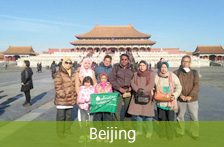
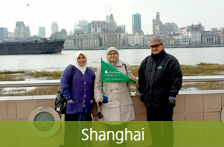
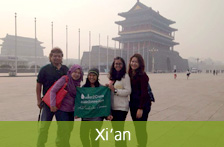
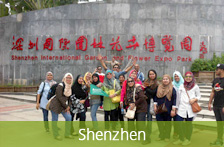
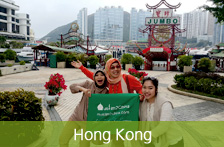
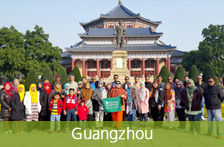
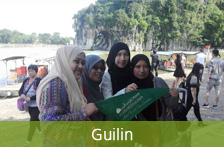
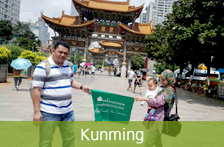
.jpg)

